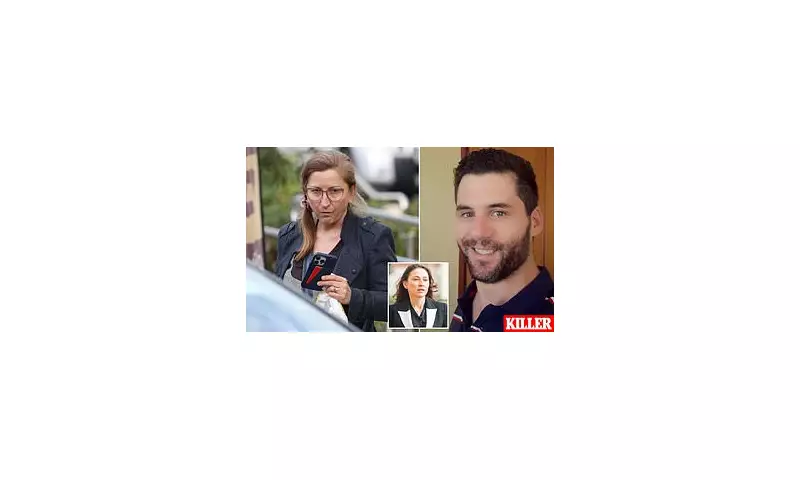
Psychiatrist Defends Position in Wake of Bondi Junction Tragedy
A psychiatrist who treated Joel Cauchi for eight years was placed in a 'grossly unfair' position when questioned about his mental state during the Bondi Junction stabbings, her lawyer has told an inquest. Mark Lynch, representing Dr Andrea Boros-Lavack, argued that his client was unqualified to answer whether Cauchi was experiencing psychosis when he committed the attacks, as she had been called as a treating psychiatrist and not an expert witness.
The Day of the Attack
On 13 April 2024, Joel Cauchi, 40, armed with a knife, killed six people and injured ten others at the Westfield shopping centre in Bondi Junction. The victims who lost their lives were Dawn Singleton, 25, Ashlee Good, 38, Jade Young, 47, Pikria Darchia, 55, Yixuan Cheng, 27, and security guard Faraz Tahir, 30. Cauchi was fatally shot by Inspector Amy Scott at the scene.
Contrary to later expert evidence suggesting Cauchi was 'floridly psychotic', Dr Boros-Lavack initially told the inquest his actions were motivated by 'frustration and hatred of women', stating 'That was nothing to do with psychosis.' She later withdrew this speculation, but counsel assisting the inquest, Peggy Dwyer SC, described the remarks as 'shocking, genuinely shocking'.
A Contentious Cross-Examination
Dr Dwyer noted that the psychiatrist had shown an 'exceptional level of belligerence and confrontation' while in the witness box. However, Mr Lynch countered this criticism on Friday, stating his client had been in pain, on medication, and 'clearly felt she was under attack' during the questioning.
Mr Lynch asserted it was 'grossly unfair to be forced to give an answer to that question', as Dr Boros-Lavack had not read the expert reports. He also argued that suggestions she was attempting to justify her decision to wean Cauchi off antipsychotic medication were 'perverse'.
Addressing the trauma caused to the victims' families by the psychiatrist's initial comments, Mr Lynch said, 'It's deeply regrettable that the families felt further traumatised by those remarks, but in one sense they never should have been asked.' An audible scoff was heard in the courtroom following this statement, and Dr Dwyer was seen shaking her head.
Mr Lynch defended his client's record, stating her 'largely exemplary care' for eight years could not be considered a material cause for his rampage four years after her treatment ended. He emphasised that Cauchi had decided for himself to stop taking his medication, and Dr Boros-Lavack could not be blamed for that choice.
The inquest heard that Cauchi, who had been successfully treated for schizophrenia since his teenage years, 'fell through the cracks' of mental health care after moving from Queensland to New South Wales and becoming homeless.
Proposed Reforms for Mental Health Care
In her closing address, Dr Dwyer suggested the coroner recommend that psychiatry regulatory bodies develop new guidelines. These would focus on the management of patients with chronic schizophrenia and include strict professional guidelines for de-prescribing antipsychotic medication when patients decline to continue treatment.
She also proposed that discharge letters for patients with treatment-resistant schizophrenia should explicitly outline the probability of relapse and list early warning signs, aiming to prevent future systemic failures.






